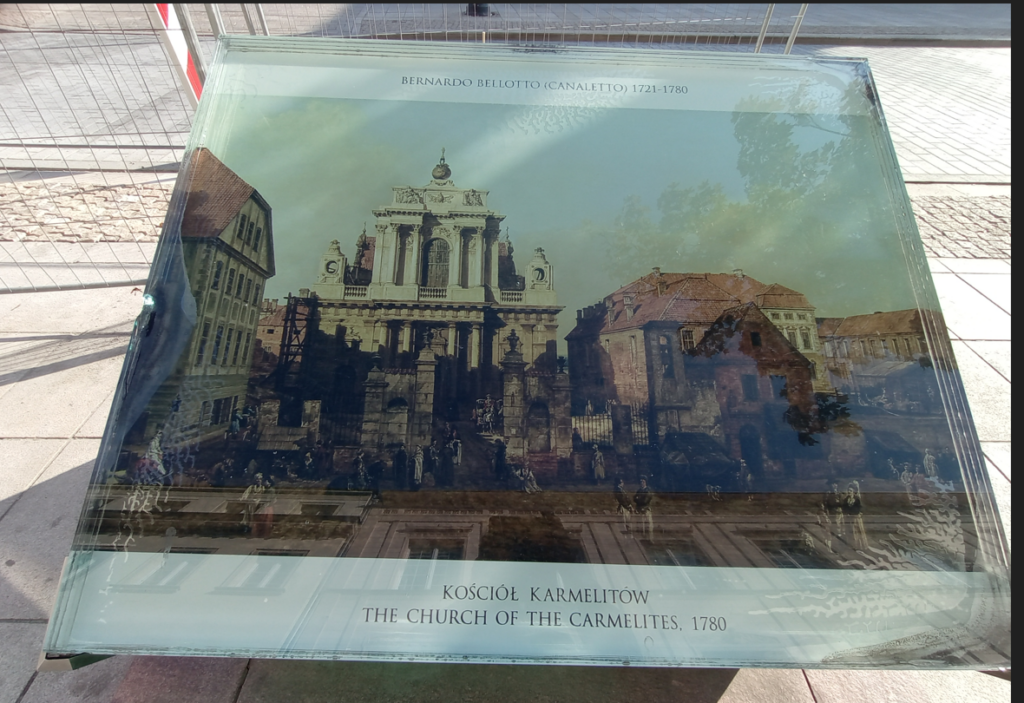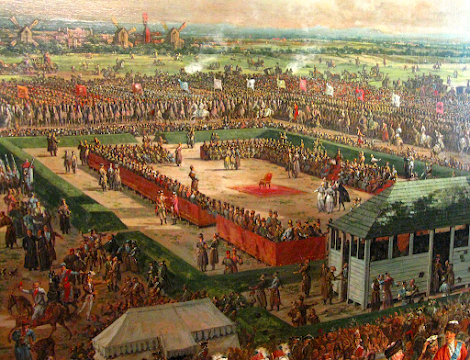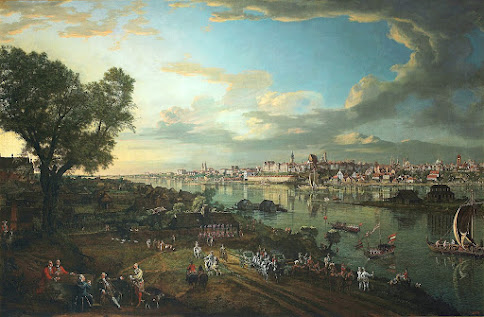Canaletto’s Warsaw 1767-1780
#Warsaw tour guide #Warsaw city guide # guided tour in warsaw #Warszawa tour guide #Warszawa city guide #guided tour in Warszawa
Canaletto, whose civil name was Bernardo Bellotto, came to Warsaw in 1767. Here, King Poniatowski had realised that since the Russian envoy was taking care of political matters in Poland, he would have to find another occupation. And since he loved art and literature, he started discussing art and literature, erecting magnificent buildings and collecting paintings.
In Warsaw, Canaletto became a court painter to the king and is today known for his landscape-like depictions of the cityscape. His immensely detailed paintings have led to him being labelled by posterity as Warsaw’s photographic apparatus, and his paintings were a crucial aid to the post-WWII architects in the rebuilding of Warsaw.
Most of his Warsaw paintings are on display at the Royal Castle in Warsaw, but if you walk down Krakowskie Przedmieście from the castle square, you’ll see a number of copies of his paintings in large display cases opposite the buildings he painted. You can then stand there and compare how close the reconstructed building is to the original.

During his thirteen years in the city, Canaletto painted around seventy large paintings. As a court painter, he was of course part of the king’s propaganda machine, which unambiguously depicts a city of splendour, exactly as the king imagined Warsaw should look. But he also captures a variety of human figures in the streets of the city, you can see the contrasts if you look closely at the pictures, and sometimes he also paints the dilapidated wooden houses of the poor. At the very least, it’s worth stopping by the glass cases, and if you like that type of painting, have some time to spare or it’s raining, it’s also worth taking a look at Renaissance Warsaw at the Royal Palace.

Miodowa Street in Warsaw

The election of King Poniatowski

Warsaw seen from the Prague side of the Vistula River
Please send an email to m@hardenfelt.pl if you would like an English-speaking tour guide to show you the most important places in Warsaw.
